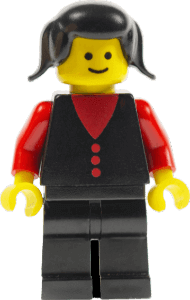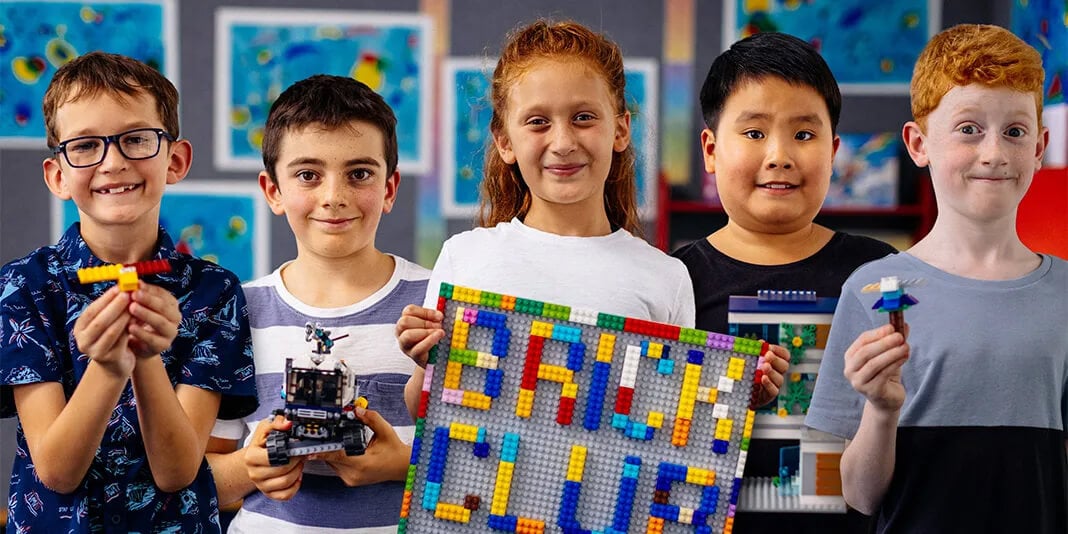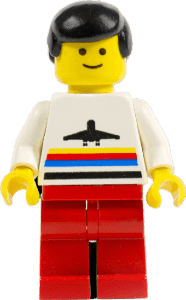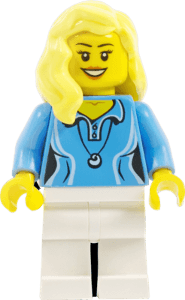
Many companies speak about diversity and inclusion as a way to access talent and maximise their contribution to the organisation. But those are far from the only ways a focus on diversity can drive success. As The LEGO Foundation’s new “Play for All” initiative illustrates, diversity and inclusion can also be about accessing new markets and developing the talent of the future.
Launched in April 2022 in conjunction with Autism Awareness Month with a $20m grant from the LEGO Foundation, Play for All is a new accelerator that will support companies looking to build products specifically designed for neurodiverse children, such as those on the autism spectrum or diagnosed with ADHD.
A huge underserved market
There are a lot of these children, and they are drastically underserved. The World Health Organization estimates that one in 160 children is diagnosed with autism. Around five per cent of the world’s population have ADHD. All together around 20 per cent of people learn differently in some way. Despite the sheer size of this group, “it is widely acknowledged that neurodiversity resources and support services have been underfunded worldwide and education solutions and innovation are lacking,” LEGO noted when announcing Play for All.

A picture of five children who are part of the LEGO brick club
That represents not only a huge amount of wasted potential, but also a giant, largely untapped pool of potential customers. And “consumers are highly motivated to find programs that work to help their kids learn and find their strengths,” noted Denise Brody, author of The Valuable 500’s report on disability inclusion, in Forbes.
Nurturing the neurodivergent talent of the future

Creating products suited to the strengths and interests of different minds is likely to help LEGO sell more toys. But the LEGO Foundation has other motivations – beyond the purely philanthropic – to create this accelerator program. Today’s neurodivergent children are tomorrow’s neurodivergent workers, and LEGO is keen to develop this future talent pool.
Neurodiverse workers have unique strengths. ADHD employees are known for their non-linear, out-of-the-box thinking. Those on the autism spectrum may have incredible attention to detail among other strengths.
“Many innovations and social transformations that have changed the world were led by neurodivergent thinkers. (You don’t have to look farther than Elon Musk’s SpaceX or less-well-known space scientist Maggie Aderin-Pocock for real-life moonshot inspiration.) And the list of neurodiverse creatives is endless – everyone from Courtney Love and Billie Eilish to James Taylor and David Byrne,” writes Brody.
Many innovations and social transformations that have changed the world were led by neurodivergent thinkers
Denise Brody, author of The Valuable 500's report on disability inclusion
More from CMI
Creating toys and other products that play to these strengths and affirms the value of neurodivergent ways of thinking can only lead to a world in which diverse thinkers are appreciated and their ideas appropriately valued – to the benefit of the organisations that employ them and society at large.”

“We believe that more neurodivergent children should experience the power of believing ‘I can,’ LEGO Foundation CEO Anne-Birgitte Albrectsen commented. “By opening the Play for All Accelerator to organisations located anywhere in the world, those who benefit can become catalysts for future innovations... Ultimately, play helps children find and hone their strengths, giving them the best chance possible to make friends, study in school and set themselves up to thrive in life.”
Investing in diverse talent (including neurodiverse talent) now makes good business sense. But if you’re a toy company with an eye on the future, investing in the neurodiverse talent of the future is an even smarter move. Not only is Play for All helping kids who think differently experience success and joy (while selling more products), it’s also nurturing the breakthrough thinkers of tomorrow.
